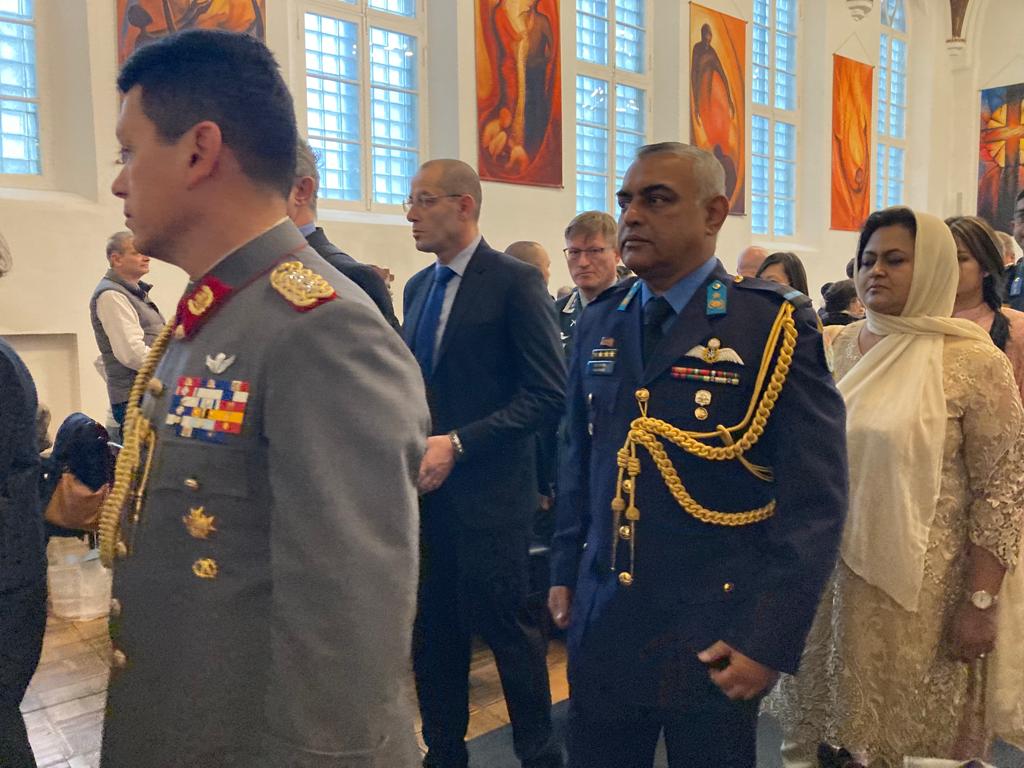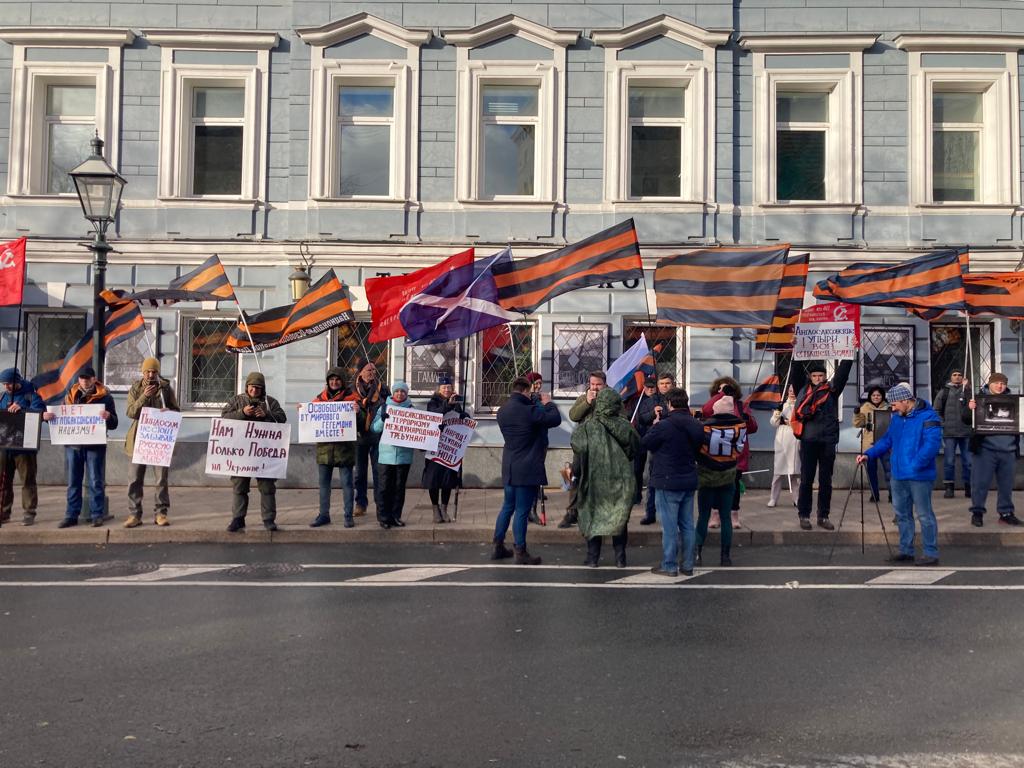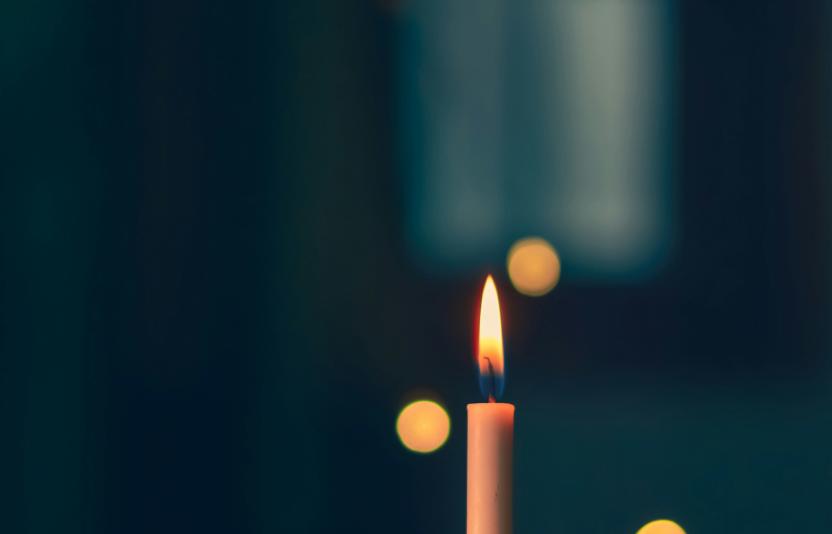Remembrance in Moscow – the hope of light in the dark

Dignitaries from 37 embassies around the world attended the remembrance service at St Andrew’s in Moscow on Sunday. The congregation, including a number of ambassadors, deputy ambassadors and deputy heads of mission, heard the chaplain, Revd Malcolm Rogers, preach on the horrors of war and the glimpses of light in the darkness. The service took place as the war in Ukraine – the biggest conflict on European soil since the Second World War – rages on into its ninth month.
Revd Malcolm noted that conflicts not only caused suffering and death but also devastate communities, create paralysing rumours and uncertainty, and the fear of separation. And they have an impact on everyone.
‘We come to accept the unacceptable as normal,’ he said. ‘There is the growing hatred fuelled by and fuelling the lies and exaggerations. Incidents of atrocity are universalised. The deep fires of the volcano of revenge are ignited.
‘Friends become enemies,’ he went on. ‘Families are divided. We wanted good for them. Now we want evil for them. There is the growing brutalisation. We dehumanise ‘the other’, the enemy. We strip them of uniqueness, of any value or significance. We define them as non-human, so that we can do to them what we want.’
But Revd Malcolm also pointed to signs of hope – acts of courage and selflessness.
‘’It is when things are darkest that you can begin to glimpse the things of the light. As the kingdoms of this world rage against each other, we can begin to see the signs of that other world, that other kingdom. We see glimpses of light.’
Revd Malcolm also took the opportunity to remember and thank God for Queen Elizabeth who, he said, exemplified selfless service of country and commonwealth throughout her 70-year reign.
The annual remembrance service at St Andrew’s is usually attended by a number of Russian veterans. Speaking afterwards Revd Malcolm said, ‘It was good to remember all those who gave their lives in war, especially in the last two world wars. This is one of those events when the UK and Russia have a common shared history, our soldiers fought for the same cause, and it was wonderful to have representatives from the Russian International Foundation "Eternal Memory to Soldiers", with us.’
There was a small gathering of protestors outside the service. The group, some waving flags, were chanting anti-western slogans. Revd Malcolm spoke to some of them after the service.

'I repeated that this was a service when we usually have Russian veterans with us,’ he explained, ‘...that we remember especially those who fell in the two world wars and that we fought together with Russia in those wars.’


